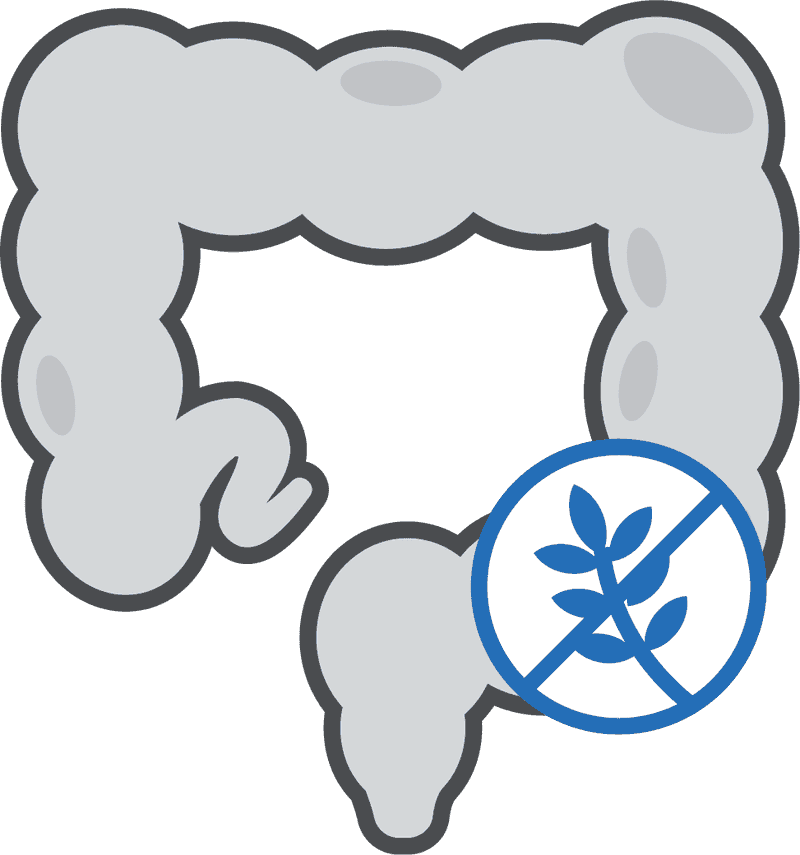Celiac Disease
Conditions

Celiac disease is an autoimmune condition where ingesting gluten triggers an immune response that damages the small intestine. Over time, this can lead to malabsorption of nutrients, causing a wide range of symptoms and long-term health complications. The only treatment for celiac disease is lifelong adherence to a strict gluten-free diet.
Causes of Celiac Disease
Celiac disease is triggered by consuming gluten, a protein found in wheat, barley, and rye. It occurs in genetically predisposed individuals and is linked to an abnormal immune system response. Environmental factors like infections or gut microbiome imbalances may also contribute to its development.
Celiac Disease Diagnosis
Diagnosing celiac disease involves a screening blood test to check for specific antibodies associated with the condition. If results indicate celiac disease, an upper endoscopy with a small intestine biopsy is typically performed to confirm intestinal damage.
The Difference Between Celiac Disease & Gluten Intolerance
Celiac disease and gluten intolerance (or non-celiac gluten sensitivity) share similar symptoms, but they are distinct conditions. Celiac disease is an autoimmune disorder that causes damage to the small intestine, while gluten intolerance does not trigger an immune response or permanent intestinal harm. Proper diagnosis is essential to ensure appropriate treatment and dietary changes.
Celiac Disease Symptoms
Celiac disease symptoms vary widely and can affect the digestive system and beyond. Common symptoms include:
- Digestive issues: Diarrhea, bloating, gas, constipation, nausea, and abdominal pain.
- Nutritional deficiencies: Malabsorption may lead to anemia, osteoporosis, liver problems, infertility, and fatigue.
- Neurological symptoms: Headaches, brain fog, depression, and tingling sensations in the hands and feet.
- Skin conditions: Dermatitis herpetiformis, a blistering rash associated with celiac disease.
- Unexplained weight loss: A sign of severe nutrient malabsorption.
Celiac Disease Treatment
The primary treatment for celiac disease is the complete elimination of gluten from the diet. This allows the small intestine to heal and symptoms to resolve.
Nutrition Counseling
Managing celiac disease requires careful dietary planning to avoid gluten while maintaining proper nutrition. Nutrition counseling with a registered dietitian can help patients:
- Identify hidden sources of gluten in food and medication.
- Develop a balanced, gluten-free diet rich in essential nutrients.
- Learn strategies for dining out and grocery shopping safely.
Talk with a Doctor
If you suspect you have celiac disease or experience symptoms related to gluten consumption, NYGA can provide expert diagnosis, treatment, and nutritional guidance. Celiac disease is a lifelong condition, but with the right team, you can live symptom-free and maintain a healthy lifestyle.
